Paraguay is a major drug transit country and money laundering center. A multi-billion dollar contraband trade, fed in part by endemic, institutional corruption, occurs in the border region shared with Argentina and Brazil (the tri-border area, or TBA) and facilitates much of the money laundering in Paraguay. While the Government of Paraguay (GOP) suspects proceeds from narcotics trafficking are often laundered in the country, it is difficult to determine what percentage of the total amount of laundered funds is generated from narcotics sales or is controlled by domestic and/or international drug trafficking organizations, organized crime, or terrorist groups.
Weak controls in the financial sector, open borders, bearer shares, casinos, a surfeit of unregulated exchange houses, lax or non-enforcement of cross-border transportation of currency and negotiable instruments, ineffective and/or corrupt customs inspectors and police, and minimal enforcement activity for financial crimes allows money launderers, transnational criminal syndicates, and possible terrorist financiers to take advantage of Paraguay‘s financial system.
Ciudad del Este, on Paraguay‘s border with Brazil and Argentina, represents the heart of Paraguay‘s “informal” economy, estimated to be double Paraguay‘s $18 billion GDP. The area is well known for arms and narcotics trafficking, document forging, smuggling, counterfeiting, and violations of intellectual property rights, with the illicit proceeds from these crimes a source of laundered funds. Some proceeds of these illicit activities have been supplied to terrorist organizations, and trade-based money laundering occurs in the region.
As a land-locked nation, Paraguay does not have an offshore sector. Paraguay‘s port authority manages free trade ports and warehouses in Argentina (Buenos Aires and Rosario); Brazil (Paranagua, Santos, and Rio Grande do Sul); Chile (Antofagasta and Mejillones); and Uruguay (Montevideo and Nueva Palmira).
Money laundering likely occurs in the formal financial sector and definitely occurs in the non-bank financial sector, particularly exchange houses, which are often used to move illicit proceeds both from within and outside Paraguay into the U.S. banking system. Large sums of dollars generated from normal commercial activity and suspected illicit commercial activity are also transported physically from Paraguay to Uruguay and Brazil, with onward transfers likely to destinations including banking centers in the United States.
KNOW-YOUR-CUSTOMER (KYC) RULES:
Enhanced due diligence procedures for PEPs:
A PEP is an abbreviation for Politically Exposed Person, a term that describes a person who has been entrusted with a prominent public function, or an individual who is closely related to such a person. The terms PEP, Politically Exposed Person and Senior Foreign Political Figure are often used interchangeably
- Foreign PEP: NO
- Domestic PEP: YES
Paraguay – KYC covered entities
The following is a list of Know Your Customer entities covered by Paraguayan Law:
- Banks
- Finance companies
- Insurance companies
- Exchange houses
- Stock exchanges and securities dealers
- Investment companies
- Trust companies
- Mutual and pension fund administrators
- Credit and consumer cooperatives
- Gaming entities
- Real estate brokers
- Non governmental organizations
- Pawn shops
- Dealers in precious stones, metals, art, and antiques
Paraguay – Suspicious Transaction Reporting (STR) Requirements:
Number of STRs received and time frame: 279 – January 2011 to November 2011
Number of CTRs received and time frame: 1,341,162 in 2010
The following is a list of STR covered entities covered by Paraguayan Law:
- Banks
- Finance companies
- Insurance companies
- Exchange houses
- Stock exchanges and securities dealers
- Investment companies
- Trust companies
- Mutual and pension fund administrators
- Credit and consumer cooperatives
- Gaming entities
- Real estate brokers
- Non governmental organizations
- Pawn shops
- Dealers in precious stones, metals, art, and antiques
MONEY LAUNDERING CRIMINAL PROSECUTIONS/CONVICTIONS:
Prosecutions: Five in 2011
Convictions: None in 2011
ENFORCEMENT AND IMPLEMENTATION ISSUES AND COMMENTS:
For reporting entities that do not have a natural supervisory authority, the Secretariat for the Prevention of Laundering of Money or Assets (SEPRELAD) is the competent supervisor. SEPRELAD‘s budget has increased by 166% from 2008 to 2011. SEPRELAD increased its staff approximately 20% in 2011 and has made considerable investment in infrastructure, software up-dates and equipment. The 2011 STR numbers dropped significantly from the 812 reported in 2010 due to the implementation of new software at SEPRELAD that better establishes the requirements for an STR for obligated institutions.
The GOP took a welcomed step forward in regard to implementation of UNSCR 1267 in October 2011 when it passed a long-awaited asset freezing law that enables SEPRELAD to freeze the assets of designated terrorist financiers, or those conducting transactions with UN designated terrorists or terrorist financiers, indefinitely in as little as 36 hours once notification of UN designation is sent or a request from a foreign country relating to UNSCR 1373 is received. The new law complements the June 2010 anti-terrorism legislation criminalizing terrorist financing.
Prosecutors handling financial crimes have limited resources to investigate and prosecute. In addition, the selection of judges, prosecutors and public defenders is largely based on politics, nepotism, and influence peddling. The lack of interagency cooperation throughout Paraguay, and particularly within law enforcement, is an impediment to effective enforcement, prosecution, and reporting efforts.
Asset forfeiture legislation is desperately needed in Paraguay. Apart from the new asset freezing law, Paraguayan law does not provide for freezing or seizure of many criminally derived assets. Law enforcement can only freeze assets of persons under investigation for a crime in which the state risks loss of revenue from furtherance of a criminal act, such as tax evasion. Enforcement agencies have limited authority to seize or forfeit assets of suspected money launderers and do not include bank accounts. When a seizure does occur, law enforcement authorities cannot dispose of these assets until a defendant is convicted, which frequently takes years.
The non-bank financial sector operates in a weak regulatory environment with limited supervision. The organization responsible for regulating and supervising credit unions, the National Institute of Cooperatives, lacks the capacity to enforce compliance. Exchange houses are another non-bank sector where enforcement of compliance requirements remains limited, though following the implementation of additional supervisory measures two currency exchange houses were closed in 2011.
People entering or leaving the country must declare to customs values exceeding $10,000 or its equivalent in other currencies. However, required customs declaration reports are seldom checked. Customs operations at the airports or overland entry points provide little control of cross-border cash movements.
Although Paraguay has made overall progress to improve its AML/CFT regime, and Paraguay‘s efforts and political commitment have been reflected in the issuance of proper legislation, the authorities‘ broader coordination capacity and the strengthening of their institutional frameworks need work. Paraguayan authorities will have to demonstrate the effectiveness of the legislation in force and of several mechanisms put in place.
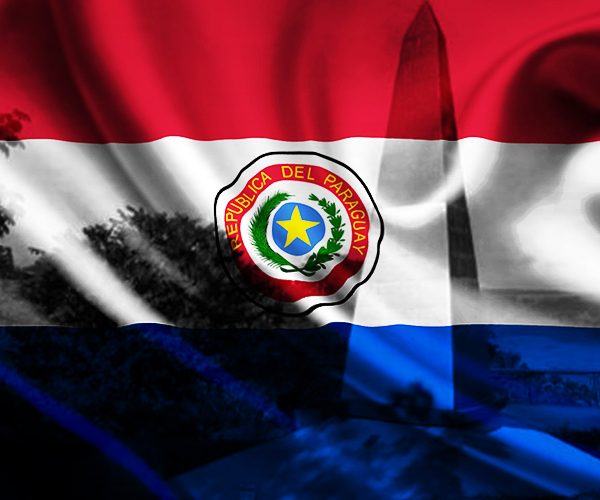


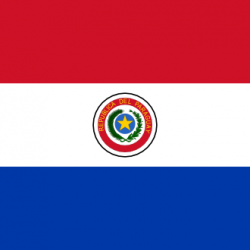
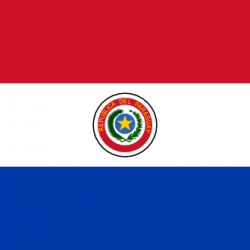
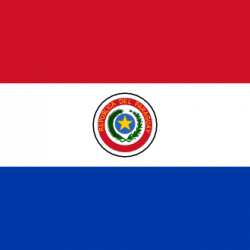
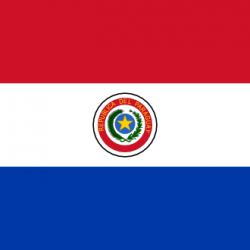
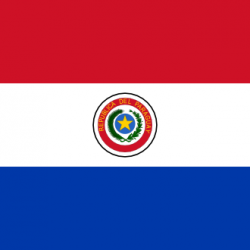
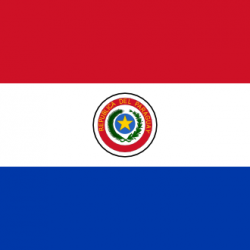
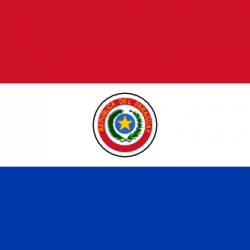
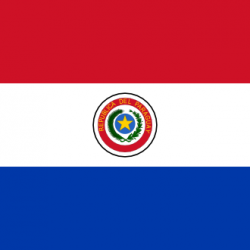
 We will not leak your personal information
We will not leak your personal information